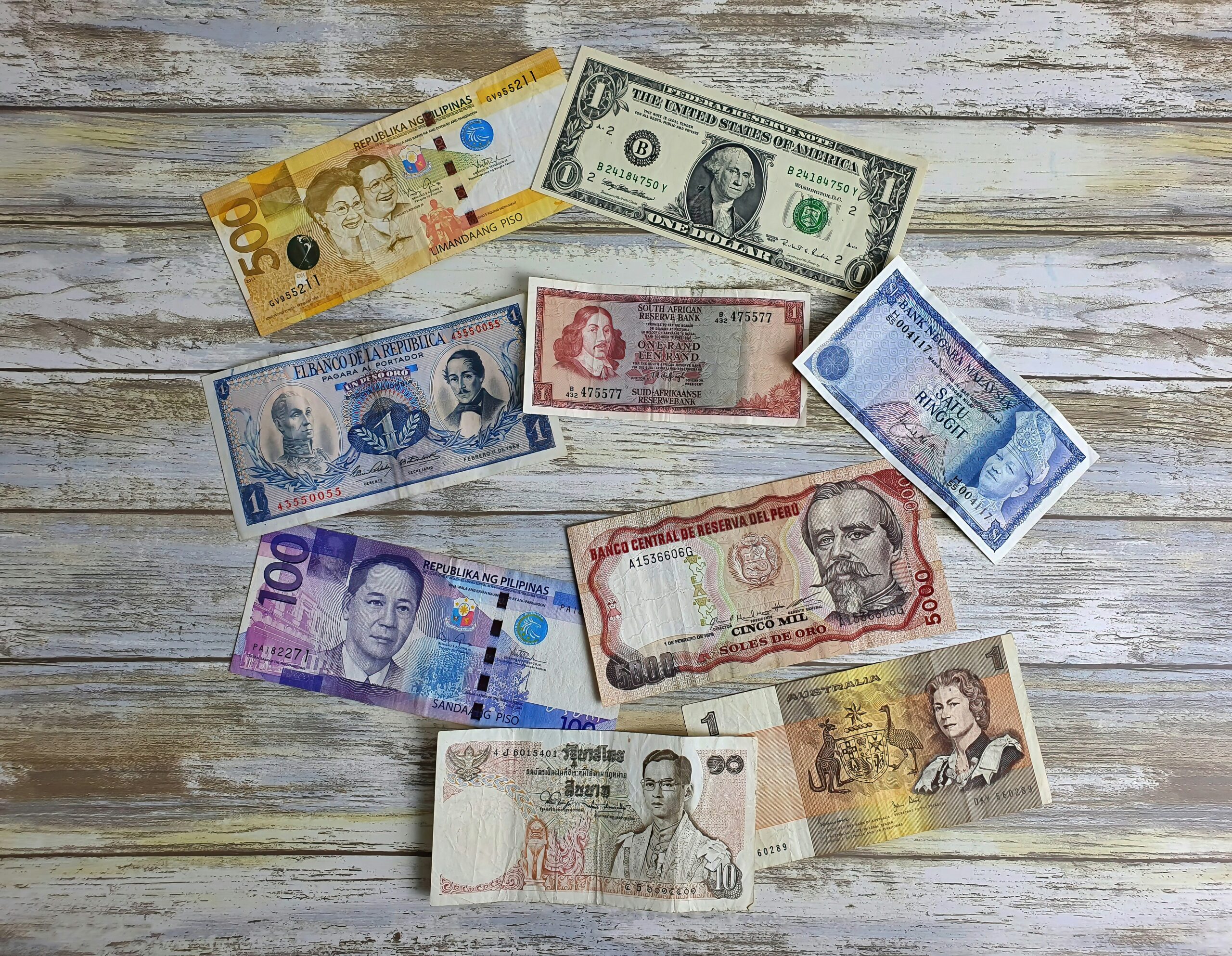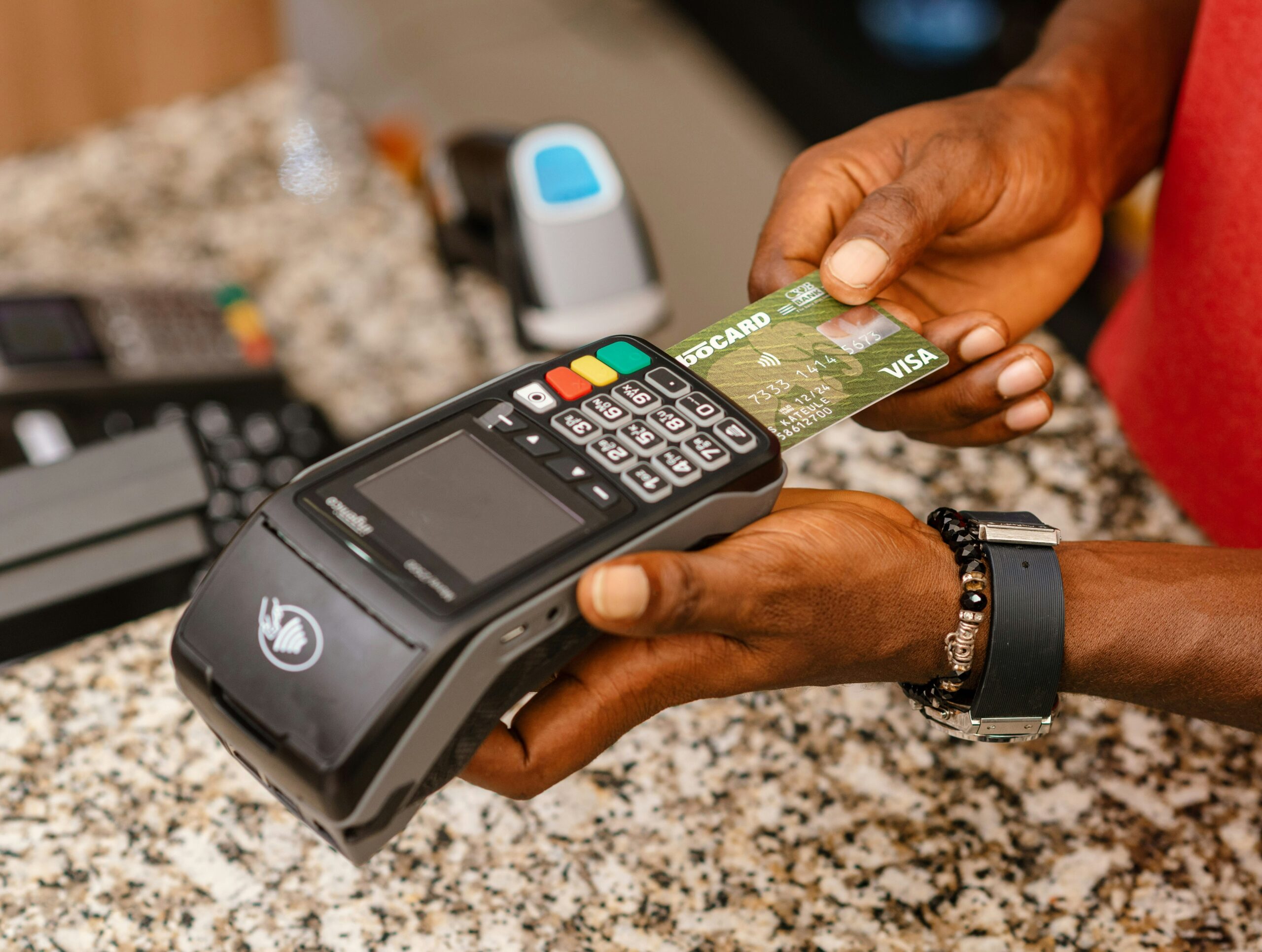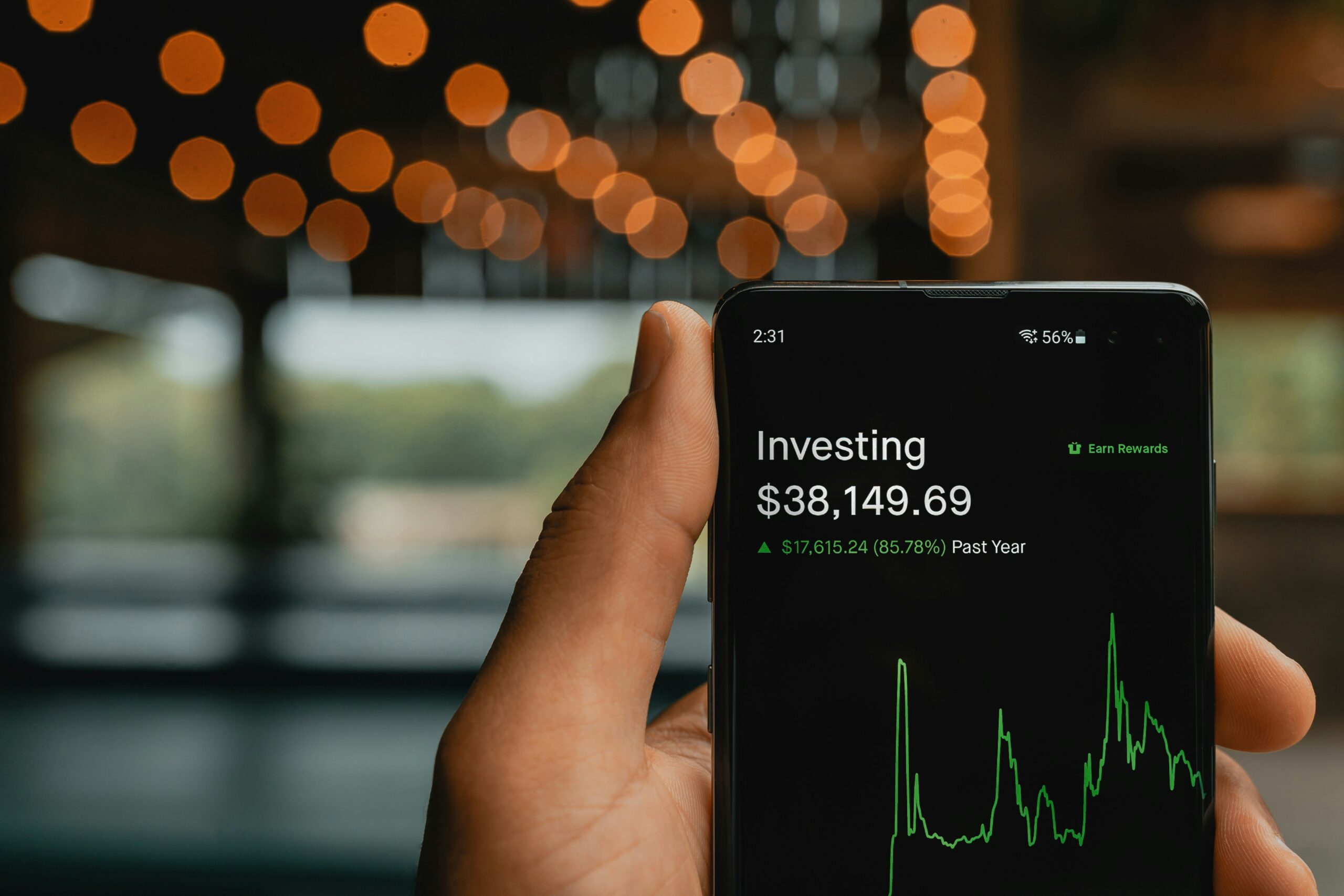Should you invest in foreign currencies in 2025 is a question many Americans are asking as global economic instability, inflation, and geopolitical tensions continue to impact financial markets. With the U.S. dollar fluctuating in value and foreign exchange (forex) markets experiencing increased volatility, some investors are considering currency trading or diversification into foreign currencies as a potential hedge or income opportunity.
Understanding Foreign Currency Investing
Foreign currency investing involves buying and holding currencies from other countries with the expectation that their value will increase relative to the U.S. dollar. Investors can participate in this market through forex trading platforms, currency exchange-traded funds (ETFs), or by holding foreign currency-denominated assets like bonds or savings accounts.
The forex market is one of the largest and most liquid financial markets in the world, operating 24 hours a day. However, it’s also highly volatile and can be risky, especially for inexperienced investors.
Read more: What Is Financial Literacy and Why Does It Matter?
Why Americans Are Considering Foreign Currencies in 2025
Several economic trends in 2025 are driving interest in foreign currency investments:
- U.S. Inflation Concerns: As inflation continues to erode the purchasing power of the dollar, some investors seek exposure to currencies from countries with stronger inflation control.
- Geopolitical Risk Diversification: Holding assets in multiple currencies can provide a hedge against U.S.-specific economic or political instability.
- Interest Rate Differentials: Some foreign central banks are offering higher interest rates than the U.S. Federal Reserve, making their currencies more attractive for short-term yield-seeking investors.
Popular Foreign Currencies for U.S. Investors
If you’re considering foreign currency investment, it’s important to focus on stable and widely traded currencies. In 2025, the following currencies are drawing attention:
- Swiss Franc (CHF): Known for its stability and traditionally seen as a safe haven during global crises.
- Euro (EUR): The official currency of the Eurozone, offering exposure to one of the world’s largest economic blocs.
- Japanese Yen (JPY): Another safe-haven currency, often appreciating during times of global financial stress.
- British Pound (GBP): A major reserve currency with strong liquidity, though subject to Brexit-related and political risks.
- Canadian Dollar (CAD) and Australian Dollar (AUD): Commodity-linked currencies that may benefit from global resource demand.
Risks of Investing in Foreign Currencies
While investing in foreign currencies can offer diversification benefits, it comes with significant risks:
- High Volatility: Currency values can fluctuate rapidly based on political events, economic reports, or central bank decisions.
- Leverage Risk: Forex trading often involves high leverage, which can amplify both gains and losses.
- Limited Long-Term Growth: Unlike stocks or real estate, currencies don’t generate dividends or rental income.
- Complex Market Factors: Currency values are influenced by a complex mix of factors, including interest rate differentials, trade balances, and geopolitical developments.
Ways to Invest in Foreign Currencies
There are several accessible ways for Americans to gain exposure to foreign currencies:
- Forex Trading Platforms: Allow direct buying and selling of currency pairs but require active management and carry high risk.
- Currency ETFs: These funds track specific currencies or baskets of currencies and can be bought like stocks.
- Foreign Currency Savings Accounts: Some international banks offer savings accounts denominated in foreign currencies, though accessibility may be limited.
- Foreign Bonds: Investing in bonds issued by foreign governments or corporations provides currency exposure along with potential interest income.
Read more: 5 Passive Income Ideas to Grow Wealth While You Sleep
When Does Foreign Currency Investing Make Sense?
Investing in foreign currencies may make sense if:
- You’re seeking portfolio diversification.
- You have expertise or professional guidance in forex trading.
- You want to hedge exposure to a weakening U.S. dollar.
- You’re making international purchases or planning to live abroad.
For most average investors, limited exposure through ETFs or foreign bonds is often a safer approach than active forex trading.
Consult a Financial Advisor
Given the complexity and risk associated with foreign currency investing, speaking with a financial advisor is strongly recommended. They can help assess whether currency exposure aligns with your overall investment goals and risk tolerance.
How to Choose a Financial Advisor – NerdWallet
Conclusion
Deciding whether you should invest in foreign currencies in 2025 depends on your financial objectives, risk tolerance, and understanding of global markets. While foreign currency investments can offer diversification and potential hedging benefits, they also carry significant risks. Proceeding with caution and professional guidance can help you make informed decisions in today’s unpredictable economic environment.











